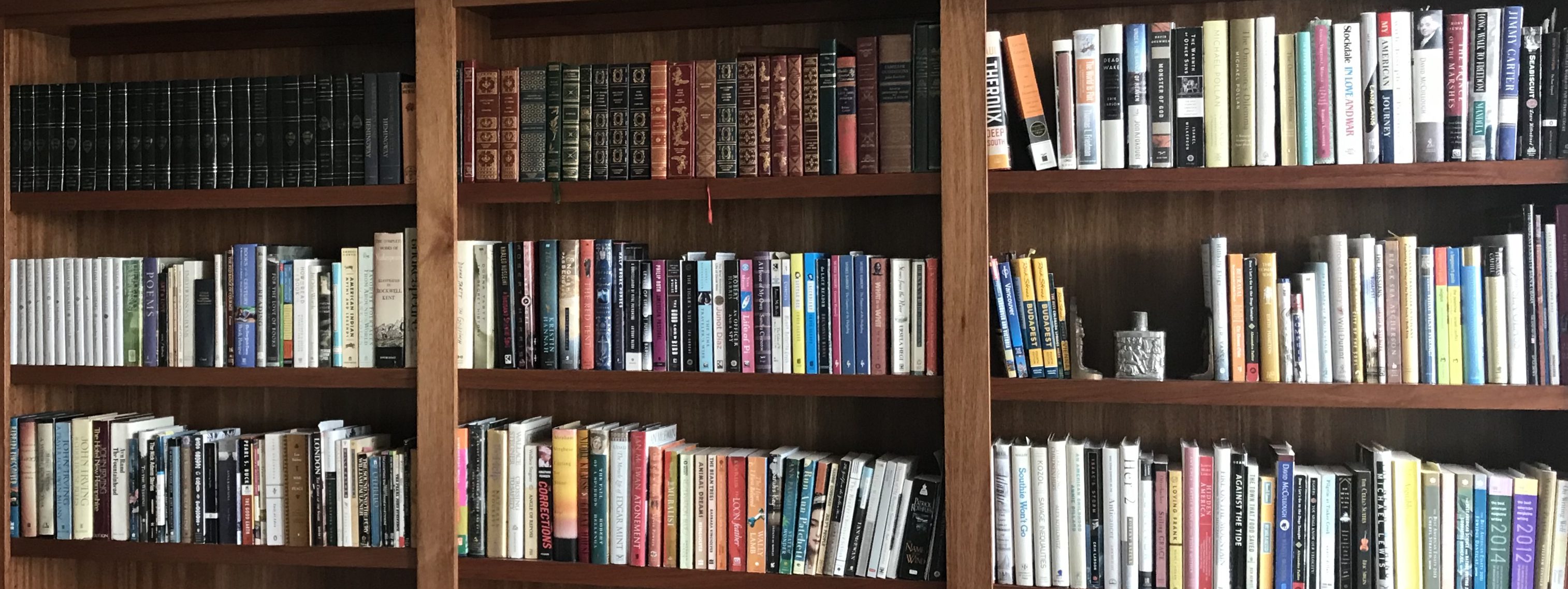 I bought this book for a dear friend and great cook because I thought it was a chef’s memoir. It kind of is, though it’s less about food than it is about drug addiction and sexual awareness–or at least those two themes take center stage in many parts of the story. But the parts that drew me in with sweeping beauty, passion, and detail were the parts about the farm and food. I wish more of the book were like those scenes where I could smell the ripe apples, see the beef sides handing to dry in the pole barn, and hear the kittens mewing in the straw. This farm, with its barns, kitchen, animals, and garden is what anchors Iliana to the land and what pulls her into the kitchen. A self-taught chef at her own Michelin star restaurant in Chicago, she’s no traditional restaurant legend. Instead, her path weaves in and out of bars and kitchens and trailers and jail and drugs and farmers markets, until it eventually brings her to Elizabeth, her Chicago restaurant named after her older sister who died too young.
I bought this book for a dear friend and great cook because I thought it was a chef’s memoir. It kind of is, though it’s less about food than it is about drug addiction and sexual awareness–or at least those two themes take center stage in many parts of the story. But the parts that drew me in with sweeping beauty, passion, and detail were the parts about the farm and food. I wish more of the book were like those scenes where I could smell the ripe apples, see the beef sides handing to dry in the pole barn, and hear the kittens mewing in the straw. This farm, with its barns, kitchen, animals, and garden is what anchors Iliana to the land and what pulls her into the kitchen. A self-taught chef at her own Michelin star restaurant in Chicago, she’s no traditional restaurant legend. Instead, her path weaves in and out of bars and kitchens and trailers and jail and drugs and farmers markets, until it eventually brings her to Elizabeth, her Chicago restaurant named after her older sister who died too young.
But it’s her earlier scenes like making pasta or snow crab with her mom or scenes of her mom making beef and noodles with her Uncle Frank who made everything from scratch, including milling his own flour, or scenes from the family restaurant, Jenny’s, stuffing their famous pierogi–these are the scenes I expected from a Chef memoir, and I loved them: the details of the way the spaghetti hung over the drying racks in the light and the details of combing the woods for chanterelles with her dad after driving down dusty roads singing in their pick up with the windows down. And just as suddenly as we’re transported into the world of farm and food, we’re thrown out of it and into the world of drugs, booze, and blackouts. Her memoir reads kind of how I imagine her brain works–shooting back and forth in time and place with sudden clarity at some moments and haziness at others. Helen Rosner from The New Yorker put it best when she wrote that the book feels like “episodic snapshots, their chronology ricocheting like a pinball; the effect is less a life story than an exacting, often disquieting exercise in excavating the self.” Rather than approaching this as a chef memoir, I’d approach it more as a memoir about a woman’s trajectory of life that started in an idyllic farmhouse, bumped its way through kitchens, alcohol, drugs and confusion, and eventually settled in an alcohol-free, stable but frenzied life of marriage and 24/7 restaurant ownership. I’m glad I read it, even if I didn’t like all parts equally.
